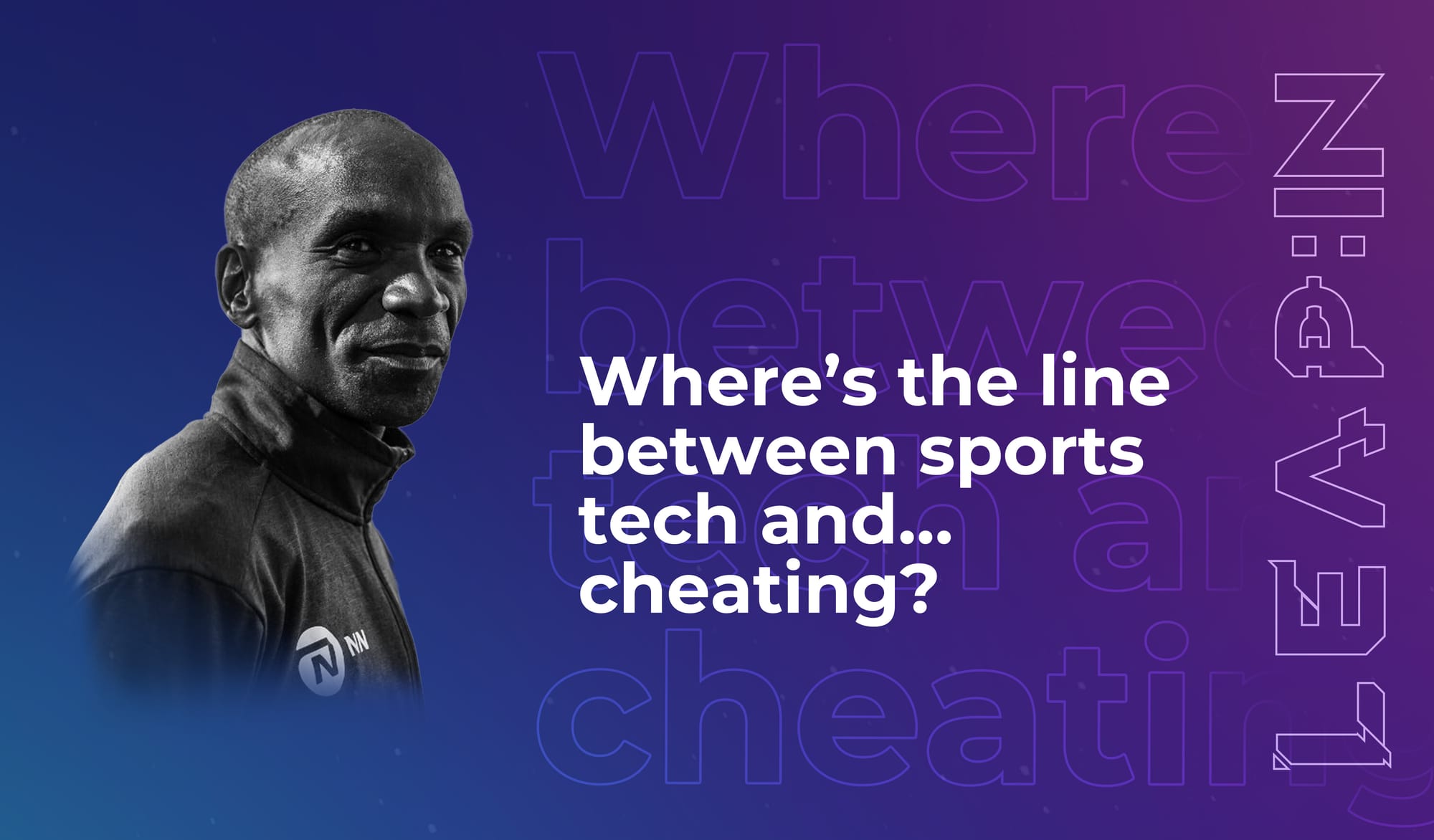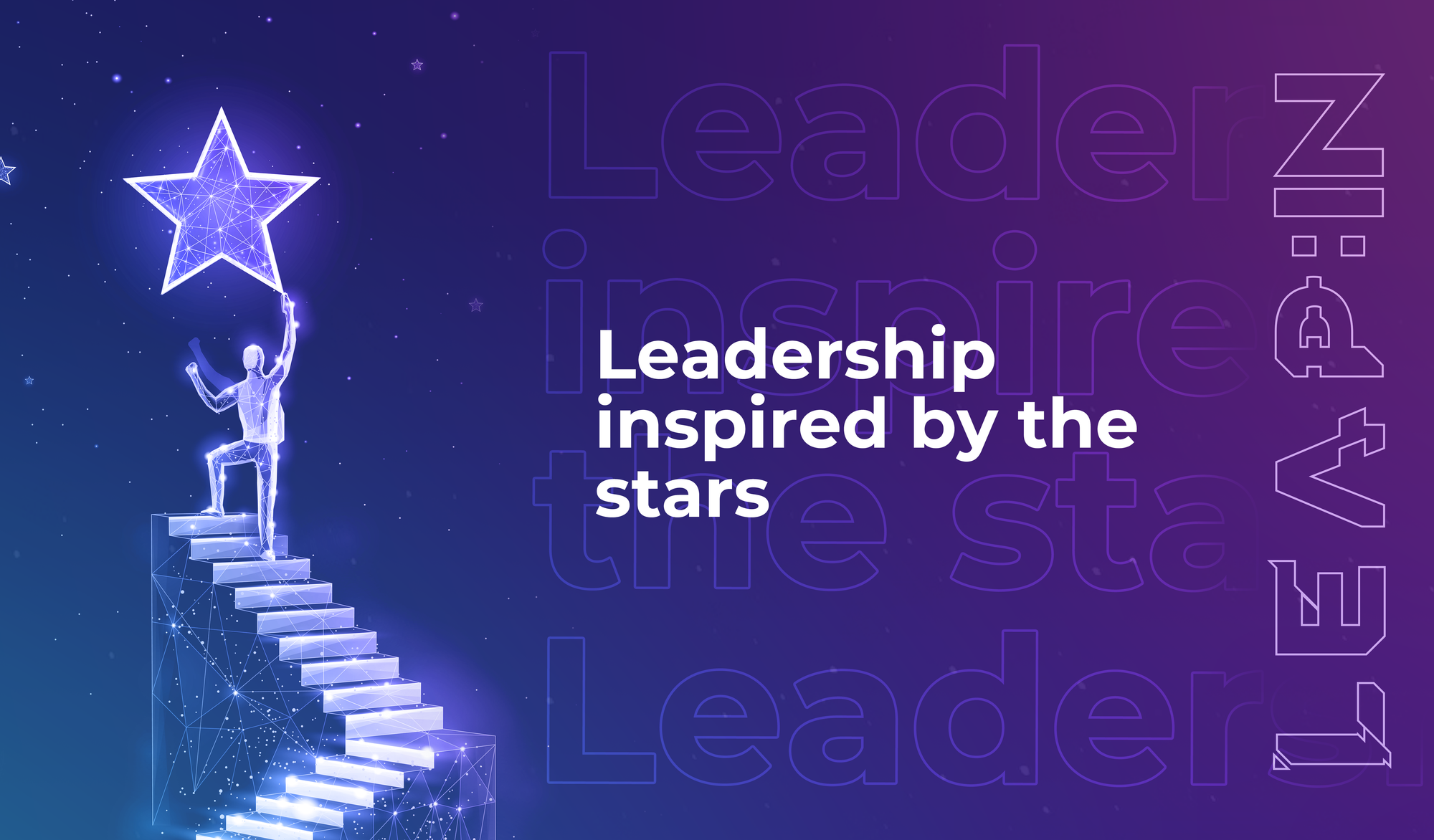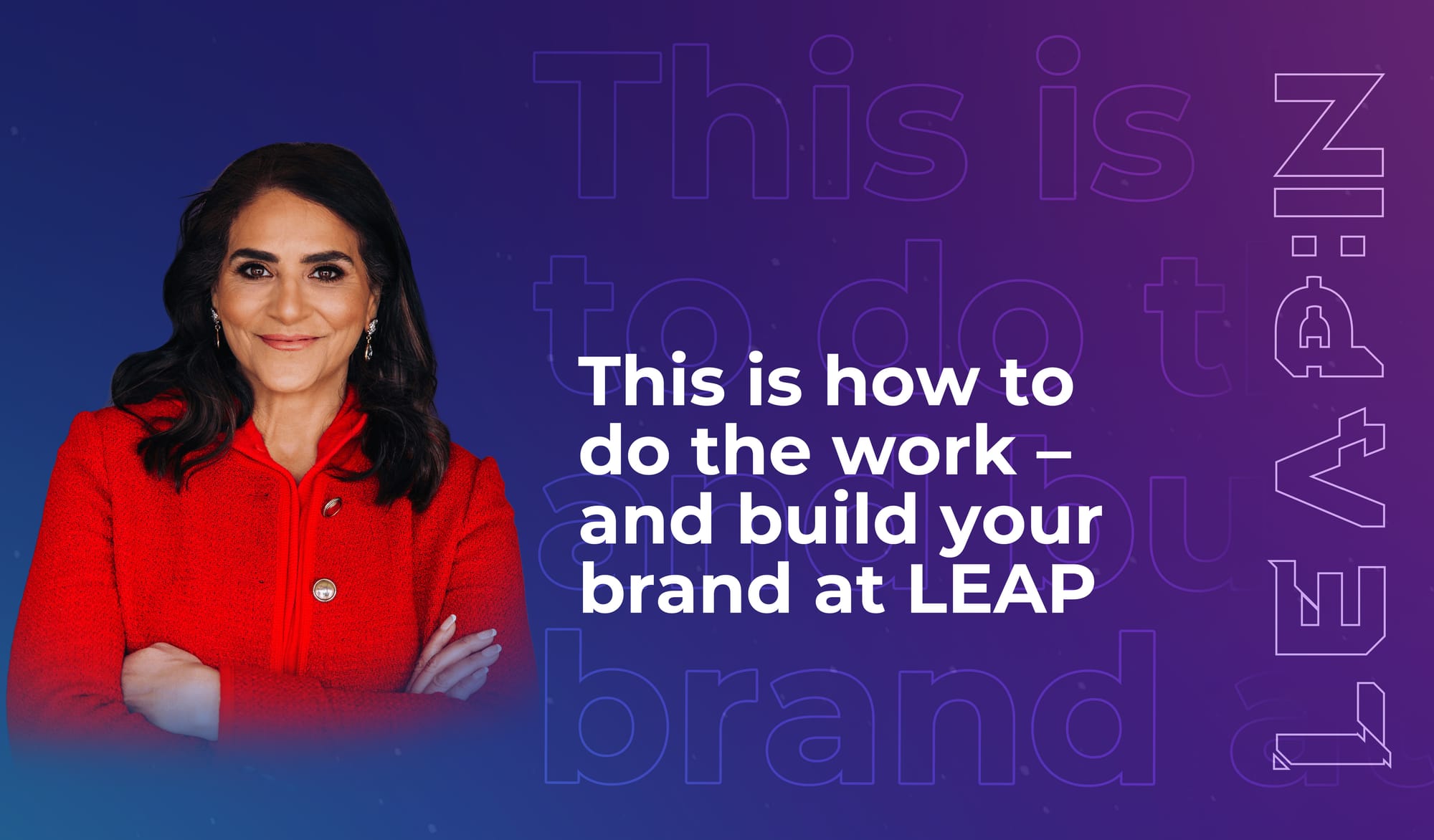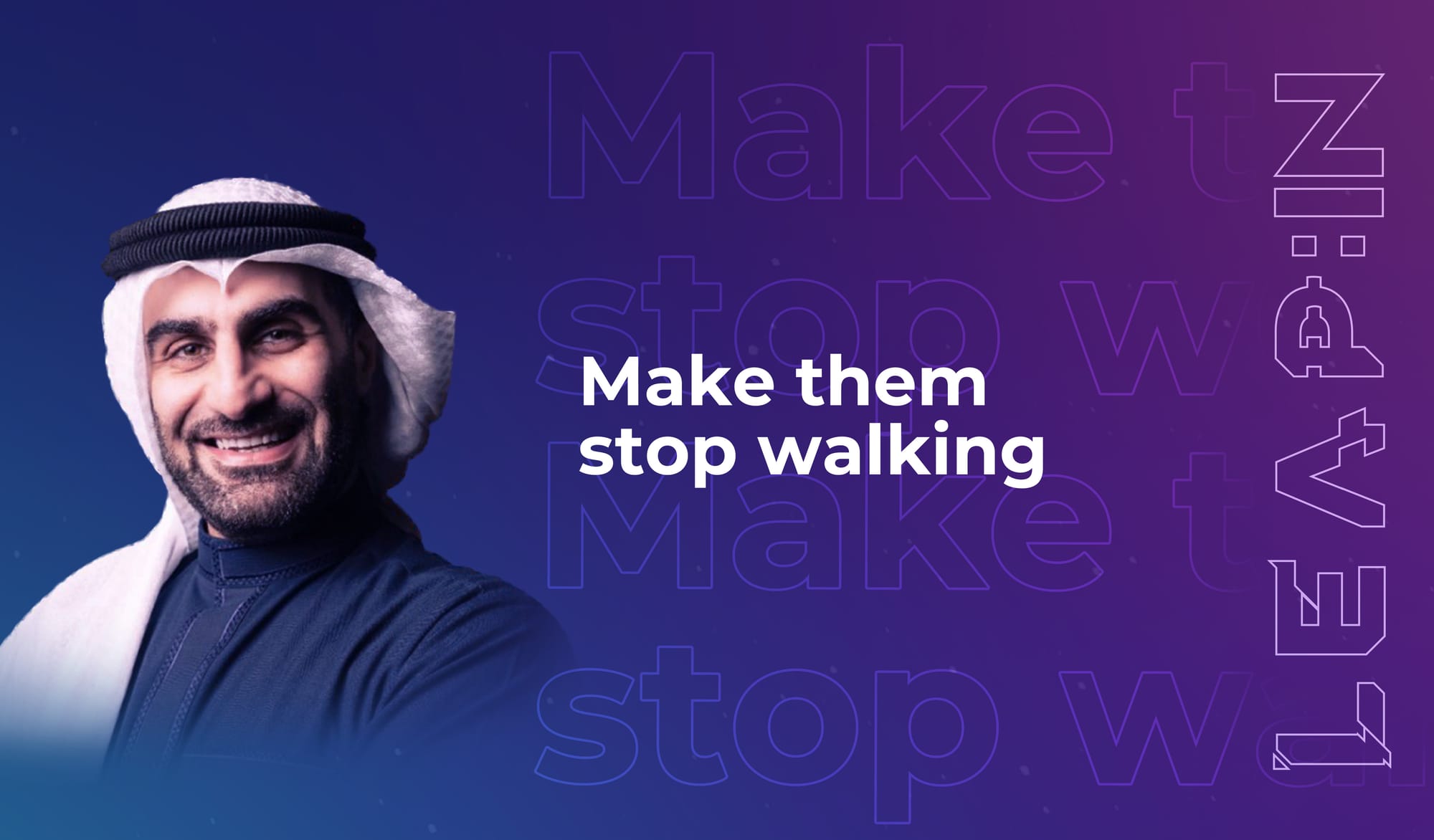

Leadership inspired by the stars

Welcome to the 34 new techies who have joined us.
If you haven’t already, subscribe and join our community in receiving weekly tech insights, updates, and interviews with industry experts straight to your inbox.
Discover exclusive insights and interviews from the global LEAP community. Expand your understanding of how humans live well with tech.
This week we’re quoting…
Dr. Sian Proctor (Geoscientist, Astronaut, Artist, Space2inspire)
What Proctor said:
“Our whole capsule is flooded with light as the forward hatch opens and reveals Earth. And for me, when I think about my time in space…it’s the moment of Earth light. Feeling the Earth’s light upon my face was transformative.”
Awe and wonder
What if every tech leader could experience a feeling like that? The total awe of seeing in a new light; of feeling how something so familiar (the planet we live on) actually isn’t the same for everyone, or from everywhere.
That there’s always more to learn.
That light and the shift in perspective that it triggered for Proctor changed how she approached leadership; and maybe we can follow in her footsteps without taking our own feet beyond the pull of Earth’s gravity.
From Guam to orbit: A legacy in motion
Proctor’s connection to space started long before she launched into orbit. She was born on the island of Guam, where her father worked at a NASA tracking station during the Apollo missions. In fact, her dad once met Neil Armstrong in person – and got his autograph as thanks for his work supporting Apollo 11.
“I grew up with all these stories and memorabilia,” Proctor said. “I always wanted to be an astronaut.”
But becoming an astronaut isn’t exactly a straightforward career path. Proctor pursued geoscience, became a professor, and taught for over two decades. Space, she thought, might not be on the cards.
Until 2021, when poetry and Twitter (yes, really – read more about it in the full interview, here) helped her win a seat aboard Inspiration4, the world’s first all-civilian mission to orbit. At age 51, she became the first African American woman to pilot a spacecraft – 100 years after Bessie Coleman became the first African American woman to earn a pilot’s licence.
And like Coleman, Proctor understood that breaking boundaries comes with responsibility.

Opportunity + responsibility = leadership
“When I think about leadership and the lessons that I’ve learned over the past 25 years of my career,” Proctor said, “I think about how preparation, persistence, opportunity and responsibility have all come together to shape me over time.”
Leadership, in Proctor’s view, isn’t about reaching the top and enjoying the view alone. It’s about recognising the shoulders you stand on, and holding the door open for others.
That’s why she carried her dad’s autograph from Neil Armstrong with her to space. Though her parents had passed away, the message was clear: I’m bringing them with me.
She also carries the story of Bessie Coleman wherever she goes. Because too few people know it. And Coleman’s courage – taking French lessons and moving to France to earn her licence – deserves to be remembered.
“When we’re pursuing these grand gestures, how do we make it so that we’re bringing all of humanity with us?” Proctor asked; “How do we make it so that everybody benefits from the bounties that come along with human space travel?”
A model of leadership based on bringing everyone with you
Proctor believes that technology and exploration don’t need to follow traditional, competitive models of leadership. There’s another way – one grounded in inclusion.
“There’s a new way of leading. And that is inclusive and complementary. That’s why we are all here. That’s why we see the diversity in this room [at LEAP]. It’s about being inclusive on this journey of Starship and beyond.”
Whether you’re leading a team, a business, or a mission to space, the goal should be the same: to lift others up. To recognise talent, support growth, and make room at the table for those who’ve been left out.
“When people hear me say space to inspire, they think I’m talking about outer space. But I'm talking about this space. The space you inhabit.”
So take a moment today to look at your own ‘capsule’. How are you using your space? Are you letting the light in?
And who are you bringing with you on the journey?
Have an idea for a topic you'd like us to cover? We're eager to hear it. Drop us a message and share your thoughts.
Catch you next week,
The LEAP Team





